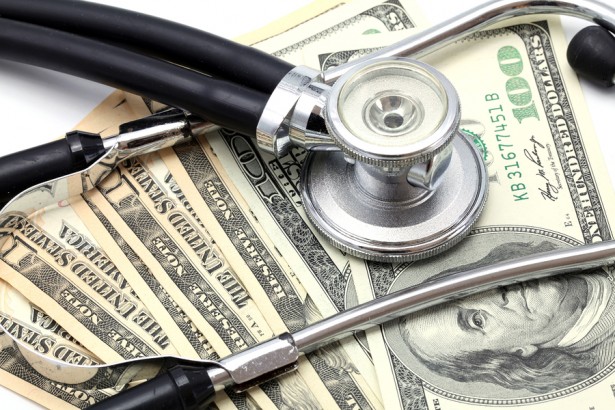Soon after the economic collapse a few years ago, the United States government and financial industry imposed tougher lending standards that eventually prevented millions of consumers with weak credit from refinancing their mortgage, purchasing a new home or trading up. This may now change for those who have racked up an enormous amount of debt because of medical costs.
The credit rating firm FICO announced that it will be implementing new guidelines at the end of the year that will be more lenient of individuals who have accumulated vast sums of healthcare debt and have been the target of debt collectors. Identified as FICO Score 9, this move may very well assist a large amount of Americans to attain lower mortgage rates.
Essentially, your credit score will feel less of an impact by a bad debt owed to a health clinic or a hospital than if you were in debt to a credit card company, car dealership or cable provider.

“For example, instead of classifying a consumer as someone who paid or didn’t pay her bills in absolute terms, the various degrees of the consumer’s payment history have been quantified,” FICO said in a statement. “The end result is a score with an improved ability to assess the risk of thin files.”
The three main revisions in the FICO Score 9 include medical debts repaid in full will be omitted, overdue medical payments will be considered less on a FICO score and new measuring techniques will be incorporated to analyze credit worthiness for those with minimal credit histories.
A majority of credit scores range from 350 to 850. The purpose of these scores is to determine the probability of a consumer entering into default on a loan, which is usually defined as 90 days of non-payment. A credit score is calculated using debt information from Equifax, Experian and TransUnion. FICO scores are utilized in 90 percent of all lending transactions.
Medical Debt & Credit Scores
We reported in June of a Consumer Financial Protection Bureau (CFPB) study that discovered medical debt is ruining the credit scores of consumers, which then affects their applications for credit cards, vehicle loans, mortgages and rates. In fact, medical debt accounts for approximately half of all collections on credit reports.
Financial and healthcare industry professionals aver that medical debt is far different than normal consumer debt because patients are unaware of the price-tag until after the treatment is conducted. The CFPB report noted that medical debt can have more of an effect on credit reports than an unpaid cellphone bill.
“When you take out a loan, typically you know how much you will owe and the interest rate you will be charged up front. But with medical costs, you have less visibility. Costs are often unknown until after treatment,” said Rich Cordray, director of the CFPB, in a statement.
After studying five million credit reports between 2011 and 2013, the CFPB found that credit scores are undervaluing the credit value of consumers with medical debt by about 10 points.



